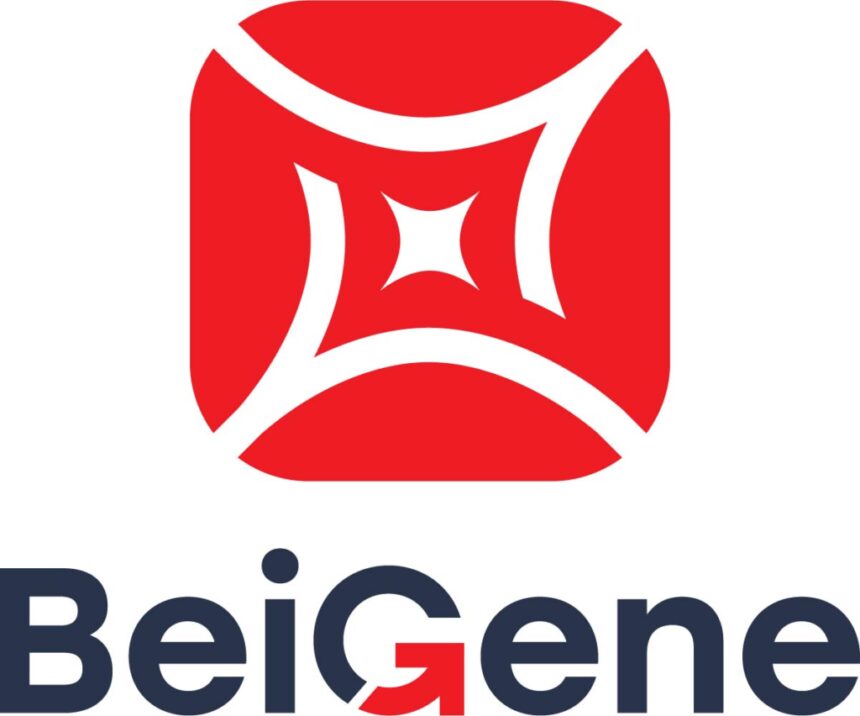BeiGene announced Tuesday morning that it has regained the worldwide rights to develop and manufacture cancer drug Tevimbra (tislelizumab) from Novartis.
As part of the deal, both companies mutually terminated the previous collaboration and license agreement entered into in January 2021.
Previously, the two companies were jointly developing the drug in the U.S., Mexico and Canada along with member countries of the E.U., the U.K. and Japan, among others. Novartis had the right to commercialize the product in licensed countries following regulatory approval.
BeiGene has no royalty payments to Novartis and the Swiss pharma giant will provide transition services to enable key aspects of drug development to continue uninterrupted. BeiGene has also agreed to provide Novartis with a supply of Tevimbra to support ongoing clinical trials.
According to a company press release, BeiGene stated that it has launched more than 20 potentially registration-enabling trials with Tevimbra, including 10 Phase 3 randomized trials and four Phase 2 trials with positive readouts.
“We are excited to regain the global rights to Tevimbra, which enables us to build out our in-house solid tumor commercial capabilities and complements our deep pipeline presented at our recent R&D Day. With more than 12,000 patients enrolled in our Tevimbra global clinical trial program, we plan to rapidly accelerate our regulatory and development plans across a wider range of tumor types,” BeiGene CEO John V. Oyler said in a statement. “BeiGene will continue to work with Novartis on development, regulatory and manufacturing priorities. Novartis will manufacture Tevimbra for many markets worldwide and explore its potential in combination with their oncology assets.”
Shortly after announcing that it regained Tevimbra from Novartis, BeiGene announced that the European Commission approved the drug as a monotherapy for treating adult patients with unresectable, locally advanced or metastatic esophageal squamous cell carcinoma (ESCC) after prior platinum-based chemotherapy.
The company also stated that the Food and Drug Administration accepted its Biologics License Application for review for tislelizumab as a first-line treatment for patients with unresectable, recurrent, locally advanced, or metastatic ESCC.
Outside of recouping its cancer drug asset from Novartis, BeiGene has had a busy few months.
In mid-July, the company struck a partnership with DualityBio to expand its antibody-drug conjugate (ADC) capabilities in cancer, paying up to $1.3 billion to license a preclinical ADC in solid tumors.
One month prior, AbbVie filed a patent-infringement lawsuit against BeiGene, saying its manufacture and sale of Brukinsa for treatment of chronic lymphocytic leukemia and small lymphocytic lymphoma infringe on AbbVie Pharmacyclics’ patent for Imbruvica, which treats the same conditions.








